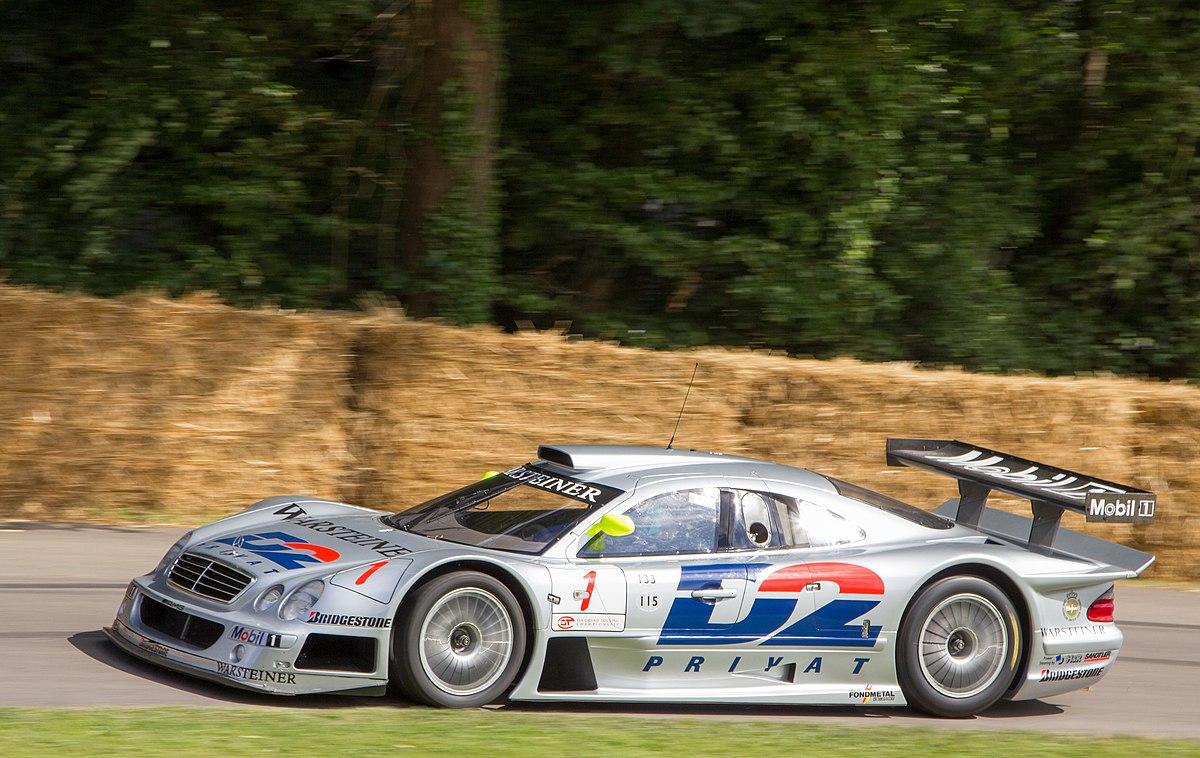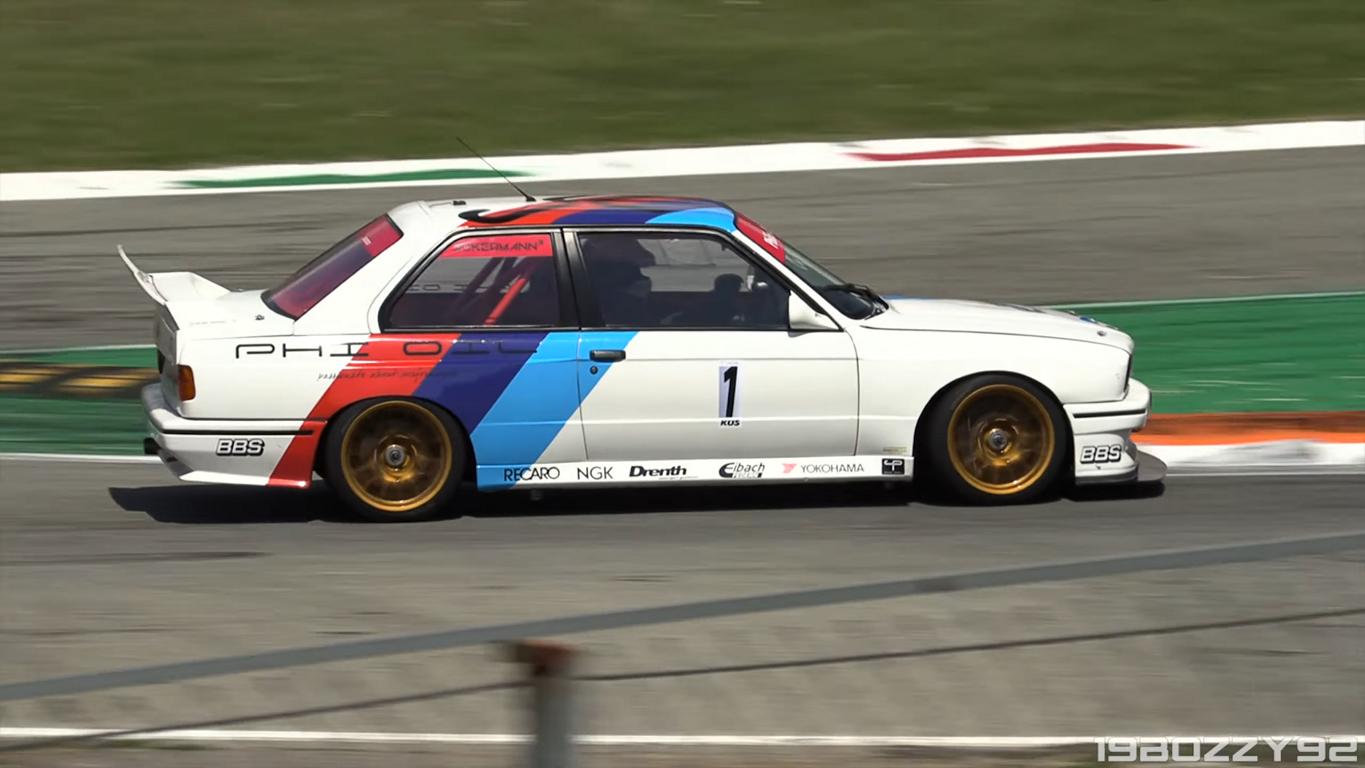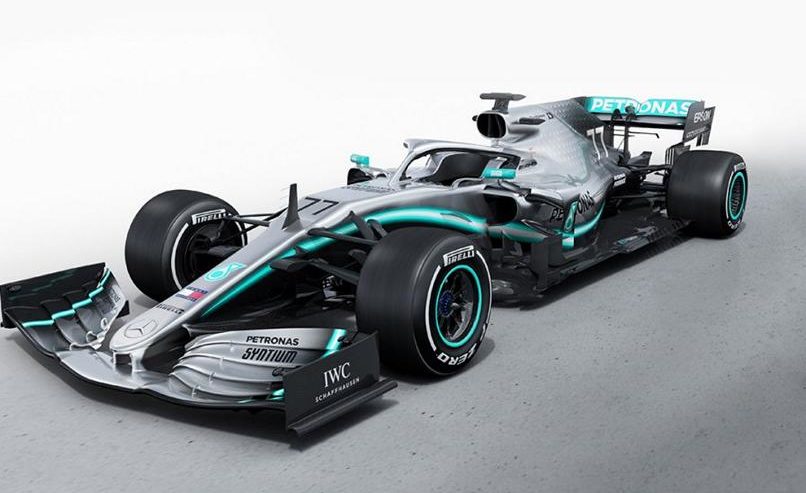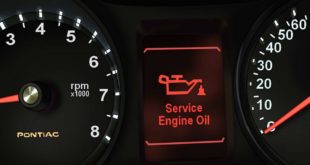Recently updated on April 24, 2024 at 08:56 am
The history of German motorsport is a fascinating journey through time and technology. From the early days of automobile racing to modern supercars, Germany has produced some of the most remarkable vehicles in the history of motorsports. In this article, we take a look at seven iconic cars that not only dominated the racetracks but also epitomized German engineering.
The icons of German racing
Germany enjoys an excellent international reputation for its domestic automobile industry. This is also due to some of the greatest racing icons of the last 100 years. We will now look at some of them in more detail:
- Mercedes-Benz W 25 (1934): This car marks the beginning of the legendary “Silver Arrows”. The W 25 dominated Grand Prix racing in the 1930s and was known for its advanced technology and unsurpassed speed.
- Porsche 917 (1969): A milestone in the history of endurance racing. The 917 was famous not only for its performance at the 24 Hours of Le Mans, but also for its distinctive design and technological innovation.
- Audi Quattro (1980): This car revolutionized rallying with its groundbreaking all-wheel drive. The Audi Quattro ushered in a new era in rallying and had a lasting impact on the automotive industry.
- BMW M3 (E30) (1986): The E30 M3 was an engineering marvel and dominated the touring car championships in the late '80s and early '90s. It quickly became a symbol of BMW's motorsport expertise.
- Mercedes-Benz CLK GTR (1997): Developed for the FIA GT Championship, this supercar was a star on both the track and the road. Its exclusive design and superior performance made it a sought-after vehicle among car enthusiasts.
- Porsche Carrera GT (2003): This supercar was a tribute to Porsche's racing heritage. With its V10 engine and outstanding performance, the Carrera GT was a dream car for many and a pinnacle of German engineering.
- Audi R18 e-tron quattro (2012): This vehicle represents the modern era of motorsports. With its hybrid technology and focus on efficiency and speed, the R18 set new standards in endurance racing.
These cars are not only popular among motorsport fans, but also in the field of betting. Auto racing, especially Formula 1 and endurance racing, are extremely popular in sports betting. Websites like Drapuestas.com, specializing in sports and racing betting, allow fans to become part of this exciting world. There are numerous ways to make the races even more exciting. The legacy of German motorsport is reflected in these iconic vehicles, which continually pushed the boundaries of technology and design. From the massive races of the past to the high-tech precision of the present, Germany has left an indelible mark on the world of motorsports.
The biggest victories with German cars in racing
German motorsport is known not only for its outstanding cars, but also for some of the most memorable victories in racing history. These successes reflect the outstanding quality of German engineering and commitment to excellence. Here are some of the most notable victories achieved with German cars:
- Mercedes-Benz at Le Mans (1952): Mercedes-Benz's triumph at the 24 Hours of Le Mans in 1952 with the 300SL (W194) was a milestone. This victory demonstrated the durability and speed of German vehicles in one of the world's toughest endurance races.
- Porsche's dominance at Le Mans: Porsche holds the record for the most wins at the 24 Hours of Le Mans. Perhaps the most notable was the first overall victory in 1970 with the legendary Porsche 917. This success established Porsche as a titan in endurance racing.
- Audi's winning streak at Le Mans (2000-2014): Audi revolutionized endurance racing with the R8 and later with the R18 e-tron quattro. Their dominance, with 13 wins in 15 years, demonstrated the superiority of German technology, particularly in the areas of efficiency and hybrid technology.
- BMW's success in Formula 1 (1983): BMW achieved a historic milestone when Nelson Piquet won the Formula 1983 world championship in 1 with a BMW engine. This was the first and only title for a turbo engine in Formula 1 history.
- Mercedes in Formula 1 (since 2014): The era of Mercedes in Formula 1, starting in 2014, is characterized by unprecedented dominance. With drivers like Lewis Hamilton and Nico Rosberg, the team has won multiple constructors' and drivers' world championships and cemented its position as one of the most powerful forces in Formula 1.
These victories are just a few examples that underline the influence of German cars in racing. They show that success on the racetrack is not just a question of speed, but also of innovation, reliability and strategic brilliance. These legendary moments have helped cement Germany's reputation as a leading nation in motorsport.
thematically relevant posts
In our category Tips, products, information & Co We have reviews of car or accessories manufacturers, new ones Tuning Wiki Terms or one or two leaks published.
|
Get your car ready for spring – change intervals for oil, brakes and tires! |
 tuningblog.eu Your magazine about tuning the car
tuningblog.eu Your magazine about tuning the car




